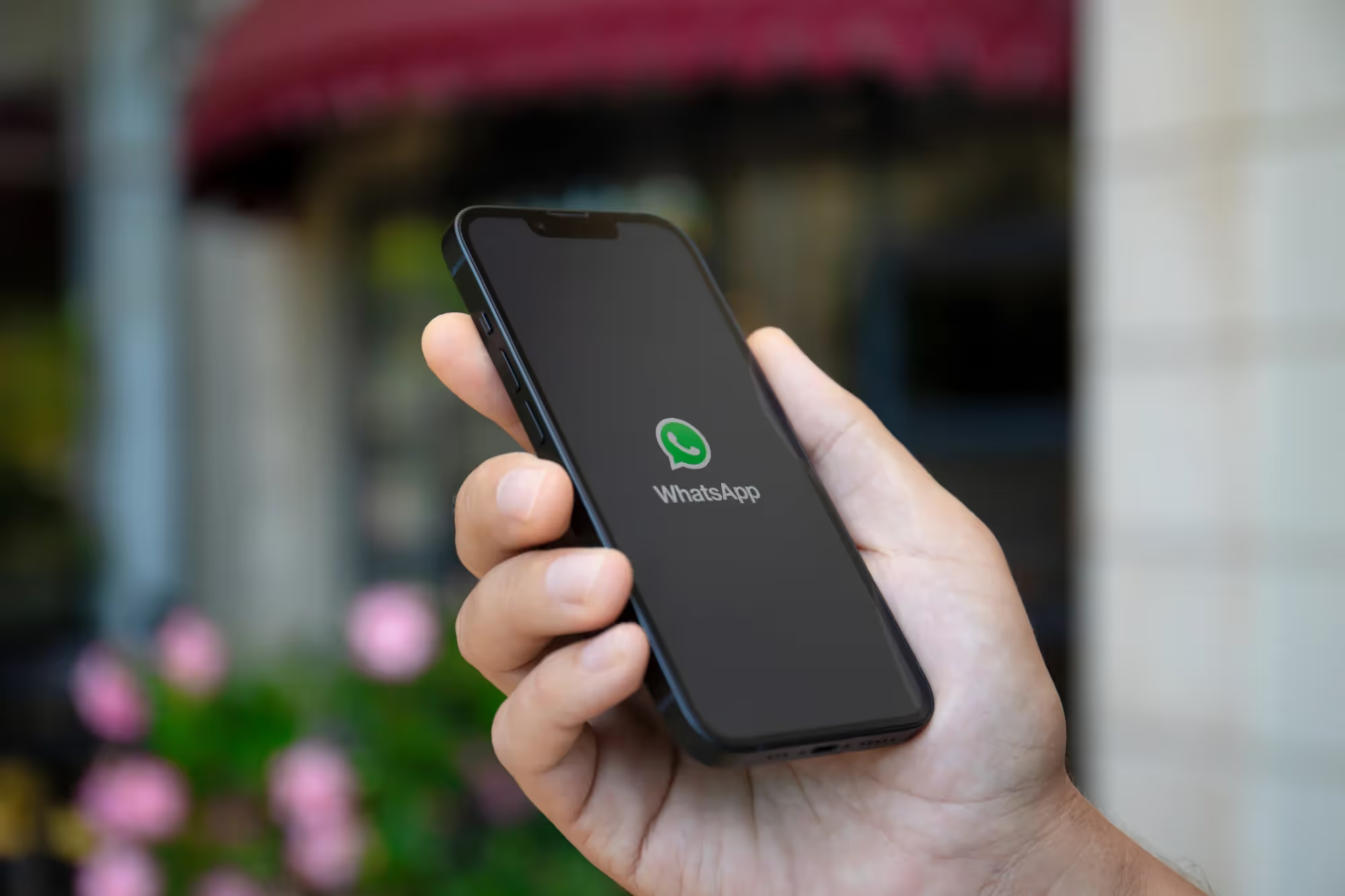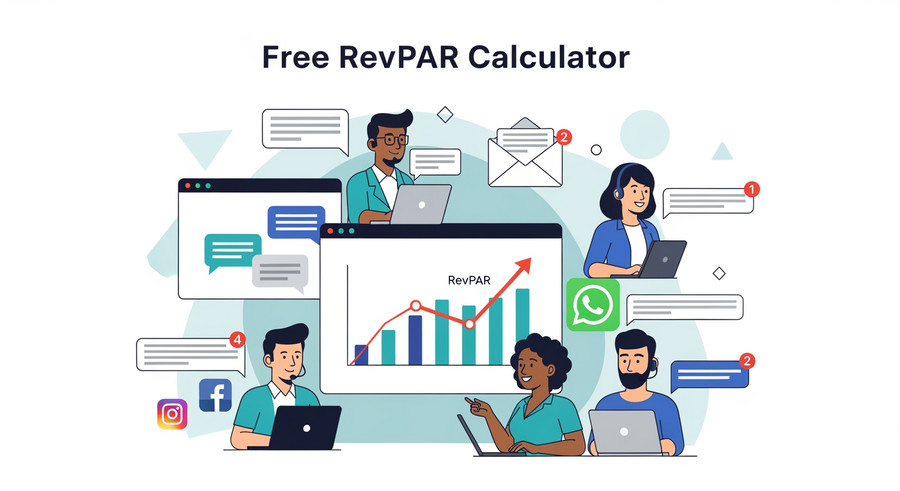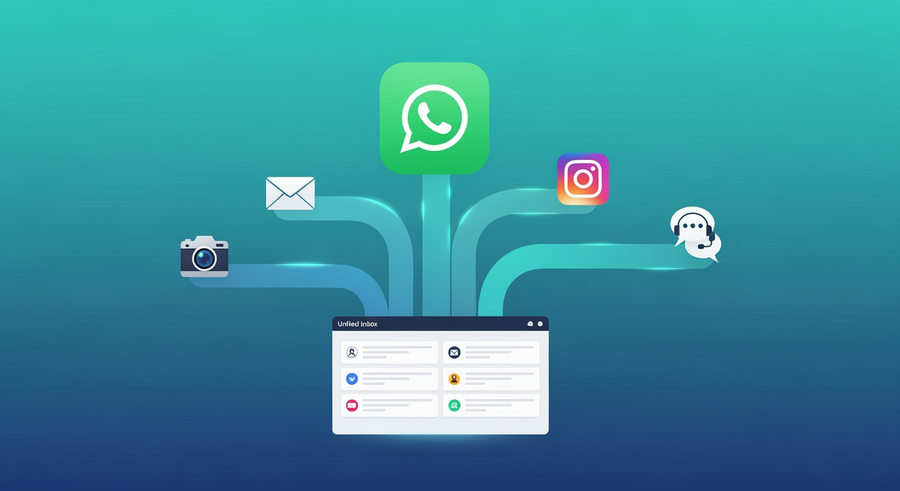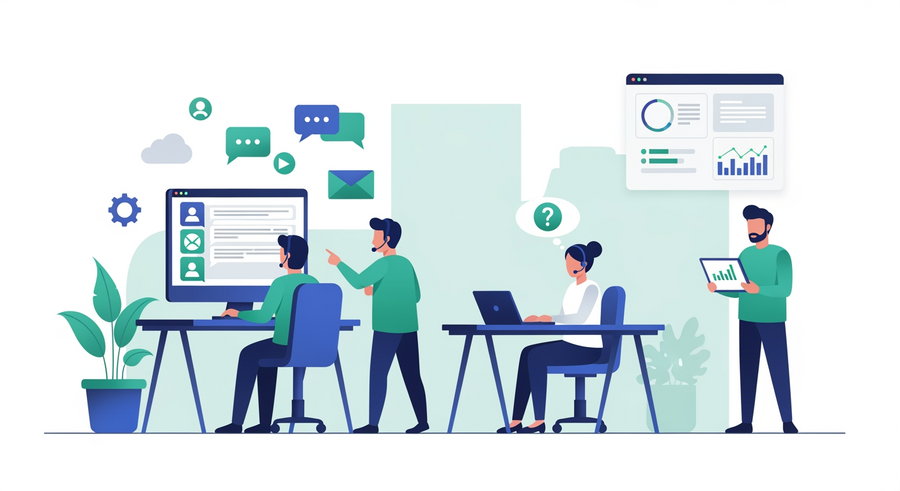Customer service is a tough job.
More than 6 out of 10 consumers say they will stop buying from a company and switch to a competitor after just one poor customer service experience.
This is why it’s critical to answer customer queries fast using the right communication channels.
With the WhatsApp Business API, you can set automated responses and respond to customers in minimal time - massively improving customer service and boosting customer retention. It streamlines and automates workflows so that you can get more done in less time (and with far fewer costs).
In this article, we’ll discuss the benefits of using automation, which types of automation there are, and provide you with practical examples that you can easily emulate. Let’s get started.
The benefits of using WhatsApp Business automation
Not sure if WhatsApp Business automation is right for your business?
Let’s take a look at how 3 businesses managed to scale their businesses, better their customer service, and boost conversions - all by automating WhatsApp Business.
Automating customer service via the WhatsApp Business API helped Parfumado have 5000 conversations a month with their customers.
During their most hectic summer months, FerryScanner successfully managed to reply back to 1600 messages every single day with a 25 people team via the WhatsApp Business API.
Betersport expanded their team by 100%, set up a flowbot in WhatsApp Business API, and got back to over 150 questions a day without having to exhaust their resources.
Still not convinced?
Here are all the benefits you get with using WhatsApp for Business automation.
Reduce response time
In today’s fast-paced world, customer expectations are high.
Research shows that you’re 100 times more likely to reach your potential customer if you contact them within 5 minutes of their inquiry. And 78% of customers buy from a company that responds to their inquiry first.
Failing to reply fast means losing out on customers.
With WhatsApp Business automation in place, you can reduce your response time, retain valuable customers, and increase sales.
Enable self-service
Self-service empowers customers. And empowered customers are content customers.
Providing customers with different forms of self-service options like chatbots, is a need in today’s fast-paced digital world
A study from Aspect reported that 73% of customers wish to be able to solve their own problems. Interestingly, the same study reported that a third of the people surveyed would rather clean a toilet than speak to customer service. That’s why offering a chatbot can be so valuable.
Save your team’s time
According to Gartner research, firms saw a 70% reduction in calls and inquiries after incorporating a virtual assistant.
Most customers have the same questions (prices of the products, payment methods, expected delivery time, etc.). Instead of answering repetitive questions manually, let your WhatsApp Business automation handle them.
7 use cases of WhatsApp Automation for business
1. Greeting messages
A potential customer lands on your WhatsApp Business Profile. They send you a message. You send them a lovely (automated) greeting message.
This does two things.
- It shows them that you have seen and acknowledged their message.
- They’ll wait more patiently for you to get back to their query.
A greeting message is the first contact you have with your customer. Not only is it essential in creating a good first brand impression, but also allows you to give customers a realistic time frame of when they can expect a response.
An example of a good greeting message:
“Hello! Hope you are having a great day. We are away but will get back to you in one hour. Thank you for being patient!”
Note: Deliver what you promise. If you say you will respond in an hour, get back to them in an hour.
📚 Read more: 10 WhatsApp Business greeting messages to make a great first impression
2. Quick replies
Quick replies on WhatsApp Business are templated messages you can send to customers, preferably with minor changes to personalise them. They help you set a uniform tone, which is instrumental in maintaining your brand image and providing consistent, positive customer service.
The best part?
They save your team a lot of time and reduce duplication of efforts.
Quick replies take many forms. Others like refund policies, discounts, asking customers for their feedback, and back-in-stock updates all come under quick replies. More examples include,
Discounts and offers:
“Our team wishes you a very Happy New Year! ☃️ On this occasion, we are offering a 25% site-wide discount. Use code NEWYEAR25 at checkout to avail this offer!”
Customer feedback:
“Thank you so much for shopping with us! Is there anything we can do to improve your experience with us?”
Closing conversations:
“Thank you for your interest. We are here if you need anything else!”
Read more: 15 life-saving quick reply messages for WhatsApp Business
3. Rules
Rules can reduce your team’s workload by half. They do the email sorting for you so that you don’t have to.
For instance, let’s say a WhatsApp message contains the term ‘order confirmation’. The API will read this and send the email to the customer service team equipped to handle this query.
Rules can be used to automate:
- Labeling messages,
- assigning messages to the right team member,
- follow-up messages,
- peak-hour information, etc.
To understand these better, read on.
Labels
Using Rules, you can set specific labels for conversations.
Imagine you have a cosmetics company, where each team handles a different product category. You can set up various labels, such as lipsticks, blushes, and highlighters.
The WhatsApp message related to the products will be sent to the designated team using rules.
Assigning message to the right agent
Rules can help you assign messages to the right agent, so customer queries are solved right away.
For instance, if the WhatsApp message is regarding the delivery of an order, it will be sent over to the person assigned to handle product deliveries.
Round-robin
Round-robin is a way of assigning an equal number of tasks to each agent. It is a tool that will automatically distribute incoming WhatsApp messages equally among team members. This way, no one feels overburdened. Also, the hassle of assigning work manually is removed.
For instance, you have four people on your customer service team: Maryam, James, Aisha, and Tyler. The first WhatsApp message will be assigned to Maryam, second to James, third to Aisha, and fourth to Tyler.
When the fifth WhatsApp message or message comes, it will again be given to Maryam, and the cycle will repeat.
4. Chatbots
If you’re an online shopper like me, you’ve probably come across plenty of chatbots.
A WhatsApp chatbot is pretty similar. It simulates a conversation between a customer and a customer service representative by detecting specific keywords in the customer’s queries.

A fantastic example of how chatbots really helped streamline a business’s customer service is BAS World’s flowbot.
BAS World received a lot of queries from customers on live chat as well as WhatsApp. On top of that, the customers spoke different languages so catering them was an added challenge.
BAS World took on this challenge and implemented a multilingual flowbot. Not only could they then efficiently respond to customers’ questions in different languages but the flowbot also gave out information, quotations, and even let customers make appointments!
5. Shipping updates, order confirmations, etc.
With the WhatsApp Business API, shipping updates and order confirmations are even more accessible. Instead of only sending these updates via email, you can now also automatically send them via WhatsApp.

For instance, to send an order confirmation, you can set up this templated text:
"Hi (customer’s name)! Thank you so much for placing an order with us. Your order id is (order id). We are delighted to have you with us!"
To further prompt discussion, you can always add an additional line to your message - “let us know if you have any questions!”
You can simply set up these automated messages by connecting your WhatsApp Business API solution to your webshop software.
Note: not every WhatsApp Business Solution Provider offers this feature. When you use the WhatsApp Business API via Trengo, you can connect to WooCommerce, Shopify, Magento, and Lightspeed.
6. Appointment reminders
Wouldn’t it be nice if your dentist would message you every time you’re due for a visit?
Customers feel great when you remember their orders or appointments. It makes them feel valued. Since they use WhatsApp more than they use email, it’s also a more convenient way for them to remember appointments.
One way to send appointment reminders is by sending Broadcast messages (to all customers due for a visit) via WhatsApp.

Automating order reminder messages is another great use of WhatsApp Business. This ensures customers are available to receive their orders and have payment ready, ensuring smoother delivery for you and a fuss-free delivery for the customer.
7. Location Finder
If your company has more than one location, a flowbot with a location finder can redirect the customer’s chat to the correct representative.
First, a greeting message will be sent out. Then, the flowbot will ask customers for their location and redirect them to the team designated for this location.
Let’s discuss how Hubo leveraged the location finder tool.
Hubo is a DIY home business with 130 stores located in different locations.
One problem? They only have one WhatsApp Business number for all their locations.
One person might want to know the business hours of a specific store, another might be messaging to make an appointment at another store. So how you make sure they get in contact with the right location?
Enter Trengo - which comes with a very handy Location Finder tool.
After initial greetings, the chatbot asks the customer their name and location. The bot then redirects the conversation to the correct location using that information. The team at that location then solves the query effectively.
Conclusion
Customer service is a tough job. After all, studies show 74% of customer service representatives are at risk for burnout.
By automating parts of the workflow on WhatsApp, you save both your team and customers a lot of time.
The WhatsApp Business API enables you to automate big parts of your communication. The API doesn't come with its own interface and can only be used via a platform such as Trengo.
Schedule a demo today and get started with automating your business via WhatsApp Business API right away.




.png)











